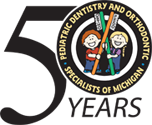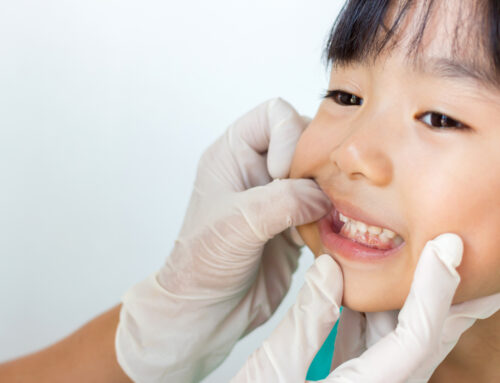Does breastfeeding cause tooth decay in babies and toddlers? Does nursing affect mothers’ teeth? Mother’s oral health changes during pregnancy is another topic entirely, but it’s closely connected to baby. Here are the truths about breastfeeding and your baby’s dental health.
- Teething doesn’t mean weaning
The most frequently asked question, especially among new mothers: should you stop breastfeeding once your baby starts teething? While the arrival of teeth doesn’t require you to stop breastfeeding, it may become more difficult on the mother. Truly, the decision to stop on arrival of teeth is up to the mother. WHO recommends breastfeeding for up to two years, and the American Academy of Pediatrics (AAP) recommends breastfeeding until at least the baby’s first year, and then continuing for as long as mom and baby want to.
- Breastfeeding does reduce the risk of baby bottle tooth decay
“When you breastfeed, milk doesn’t leak if your baby doesn’t pull for it. Baby bottles can leak and soak your baby’s teeth in milk– and milk is loaded with natural and added sugars,” says Dr. Elizabeth Ralstrom. “This is why there’s less dental caries in babies who breastfeed exclusively.”
Dr. Elizabeth explains that other food and parents providing inadequate dental hygiene are more likely causes of early tooth decay. In a study where baby teeth were immersed in different solutions to see what solutions caused erosion of the teeth, breastmilk was almost like water. It didn’t cause caries.
- Breastfed babies can STILL get infant tooth decay.
“Once your baby starts eating, try to give him or her a sip of water before bedtime, after breastfeeding for the night,” says Dr. Elizabeth. A simple swap with a damp washcloth can also remove debris and neutralize any pH imbalance through the water exposure. The aim is to rinse the mouth and remove any remaining food particles.
Unfortunately, 20% of the population may be predisposed toward tooth decay, with a thinner enamel layer or a higher than usual level of strep mutans (streptococcus mutans, S.mutans), the bacteria that cause tooth decay.
Appropriate dental hygiene can defeat S.mutans. The ADA recommends using kiddie toothbrushes with fluoride toothpaste the size of a grain of rice for children under 3 years old. For younger children, it is recommended that fluoride toothpaste be introduced at age 1 with a thin smear across the bristle tips. Fluoride incorporates into enamel and strengthens it against the risk of decay.
- Breastfeeding is associated with a lower prevalence of malocclusions.
A study by the AAP found that malocclusions had significantly lower prevalence in children who were exclusively breastfed from 3 to 6 months of age. This is a really interesting finding that requires some validation. However, it is very encouraging.
- YOU can pass on the benefits of taking care of your own dental (and overall) health
Your dental health during pregnancy and then during lactation is crucial. “Make sure you eat food rich in calcium and folic acid so you can pass it on to your baby,” says Dr. Elizabeth. “Breastfeeding also makes your mouth dry, so drink plenty of water. And I know how draining it is to take care of a baby, but brush your teeth as often as you can, because you can also pass on bacteria to your baby when you kiss or when you share food or utensils.”
Dry mouth and calcium deficiency spell disaster to gums, teeth and the structural bone surrounding the teeth so breastfeeding mothers should visit the dentist regularly.
About Pediatric Dentistry and Orthodontic Specialists of Michigan, the offices of Drs. Delaney, Plunkett, Ralstrom, Makowski, Thanasas, Ker, and Associates
Pediatric Dentistry and Orthodontic Specialists of Michigan have specialized in pediatric dentistry and orthodontics since 1968. Our family-friendly and newly renovated office gives patients and families a more comfortable and consistent experience with dentistry from the very beginning. Our pediatric dentists treat children from newborn to 18 years of age while our orthodontists provide care for both children and adults and are proud to be Premier Providers of Invisalign and Invisalign Teen services. The ability to treat all patients with compassion and individuality, including those that may have special needs reaches beyond our facility, which has treatment rooms available for children who require additional privacy and customized care options. We pioneered valued hospital affiliations to allow dental services to be performed at DMC Children’s Hospital and St. John Macomb Hospital, when appropriate or necessary, and our specialists are also proud to be on staff at Henry Ford and Beaumont hospitals.





